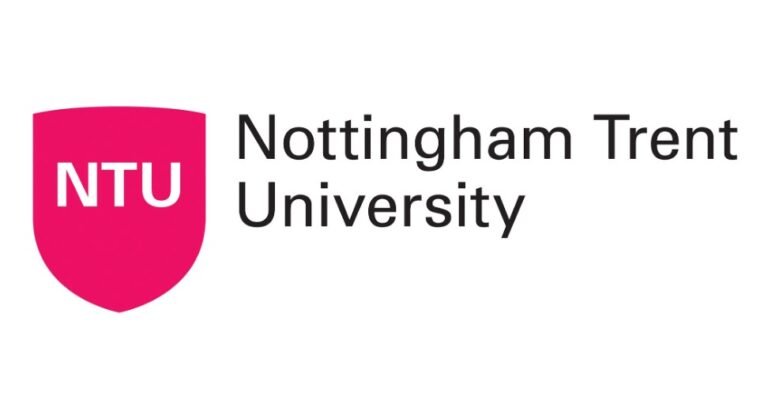Overview
Insulin is a key hormone regulating glucose metabolism and the intracellular pathways activated by this hormone are still an area of intensive study.
One aspect currently in the spotlight is the endosomal trafficking of receptors/transporters associated to insulin signalling: insulin binds to the insulin receptor in the plasma membrane; the complex is internalised into an endosome; and this internalisation enhances the activation of insulin-related pathways as the localisation and the fate of the endosome determines the overall level of signalling achieved. Therefore, understanding how endosomal trafficking is regulated is key to understanding how insulin-related signalling might be modified.
Our group has been studying the role of AGAP2, a protein overexpressed in several cancers including prostate cancer and hepatocarcinoma. We have demonstrated the involvement of AGAP2 in TGFb signalling, including the recycling of the TGFb receptor, and our preliminary data support a role for AGAP2 in insulin-mediated signalling.
This project will aim to elucidate the role of AGAP2 in insulin-mediated signalling, with an emphasis on trafficking, and in collaboration with Dr Amanda Coutts’ group who have expertise in actin cytoskeleton remodelling, an important aspect for intracellular movement.
The studentship provides a unique opportunity to develop core experimental skills in biochemistry, cell biology and fluorescence microscopy, facilitated by the supervisory team and the excellent research facilities available at the University. Dr. Cristina Montiel-Duarte and Dr Amanda Coutts are both part of the Cancer biology, immunology and therapeutics team within the Centre for Health, Ageing and Understanding Disease (CHAUD) at Nottingham Trent University, which encourages multidisciplinary research and has a diverse and supportive postgraduate community.
Application enquiries:
Dr Cristina Montiel-Duarte; Cancer biology, immunology and therapeutics (cristina.montielduarte@ntu.ac.uk)
Entry qualifications
Applicants should hold, or be expected to hold, an UK Master’s degree (or UK equivalent according to NARIC) with a minimum of a commendation, and/or a UK 1stClass / 2.1 Bachelor’s Honour’s Degree (or UK equivalent according to NARIC) in Cell Biology, Biochemistry, Molecular Biology, or a related Biosciences subject.
How to apply
Please visit our how to apply page for a step-by-step guide and make an application.
Fees and funding
This opportunity is for self-funded PhD students. Applicants are encouraged to apply for external funding and we will support this process if and when required. Find out about fees and funding for PhD projects.
Guidance and support
Find out about guidance and support for PhD students.



